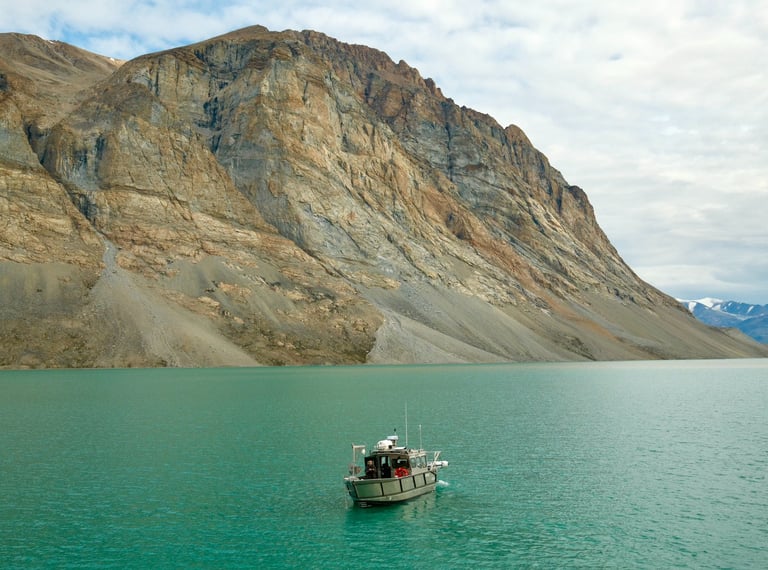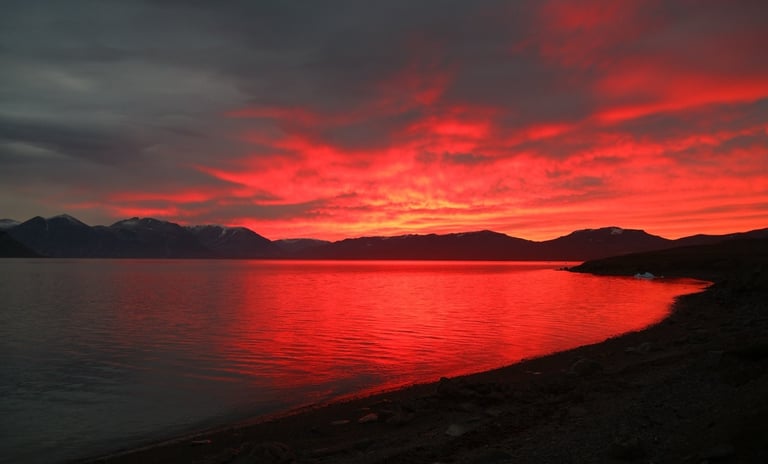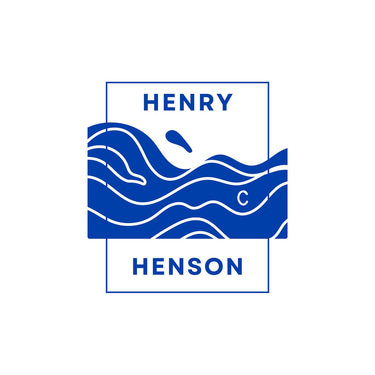Internet at the Edge of the Arctic: A Whole New World
Henry C. Henson
9/1/20254 min read
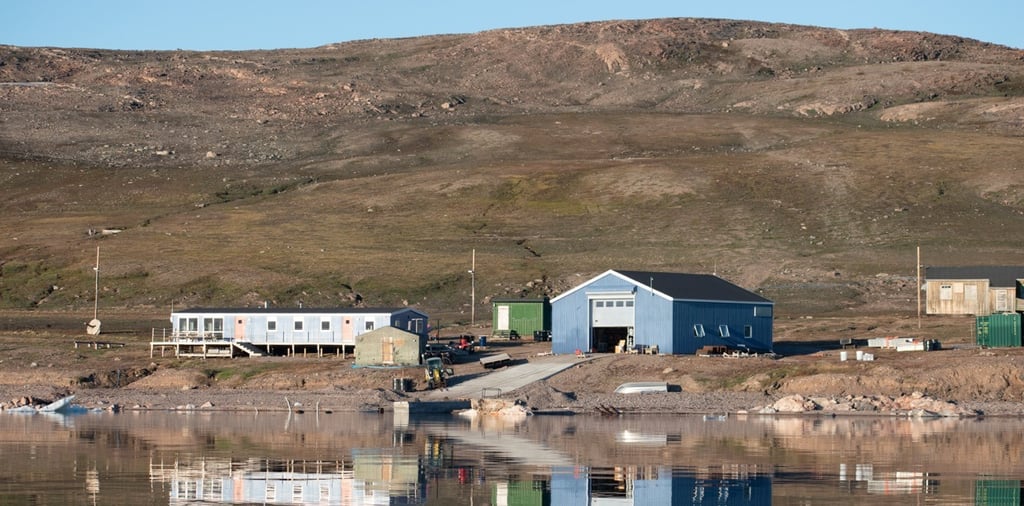

High in Northeast Greenland, far from towns or settlements, lies a national park where only a handful of people ever set foot. The nearest permanent community, Ittoqqortoormiit, is hundreds of kilometers away. Here, at Daneborg Research Station, next to a small military base and home to the legendary Sirius Patrol, we’ve been monitoring the Young Sound ecosystem for more than two decades.
What began under primitive conditions has gradually modernized. In 2006, a boat hall was built, giving us a dry space for maintenance and lab work. In 2010, real living quarters were added: proper beds, a kitchen, and radiator heating. The comforts of life crept in, little by little.
But one thing had always been missing: the internet.
Until recently, we worked in almost complete isolation. Sailing deep into Tyroler Fjord or across to Gael Hampke Bugt, often more than 50 km from station, meant being completely out of VHF radio range. There was no way to let the others know if we’d be late, no chance to send a message like, “We’ll be back a few hours later”, or “save us some dinner.”
Evenings at Daneborg were defined by this isolation. After long days of sampling, sailing, and working, we gathered around a communal table. We cooked for each other in turns, shared stories of life back home in Denmark or Greenland, laughed over card games, and talked about everything from kids to vacations to house renovations. That sense of fællesskab—a Danish word for community—was built out of necessity. There were no distractions, only one another.
This year, that changed. Thanks to advances in satellite internet, we now have reliable connectivity at the station, and even on our boat, Arfivik.
The practical benefits were obvious from the very start. Just last week, while installing a new temperature logger in a cliff by the shore, Mikael realized he didn’t have the GPS app he needed. Before, that would have meant waiting until we were back at the station, maybe even losing track of the exact spot. Instead, he simply downloaded the app on the spot, on a boat near the edge of the Greenland Ice Sheet.
For safety, too, the difference is enormous. Weather in the fjord can change by the minute. Now, we can check forecasts while out sailing and decide whether to turn back before the waves build too high for us to land safely. If we’re delayed, we can update our ETA, so those back at the station don’t worry; or so the evening cook knows when to start dinner.
There’s also peace of mind in knowing that our scientific data is no longer vulnerable to a misplaced logbook or a phone dropped in the sea. I’ve begun uploading CTD and instrument data directly to Dropbox while still out on the water, ensuring a backup exists before we even reach the dock.
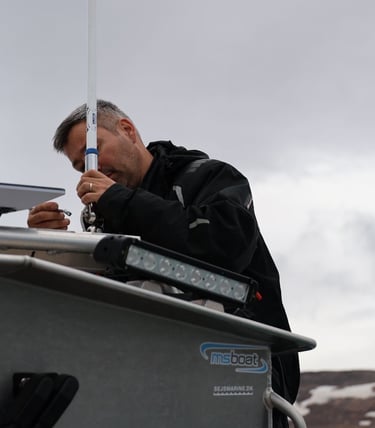

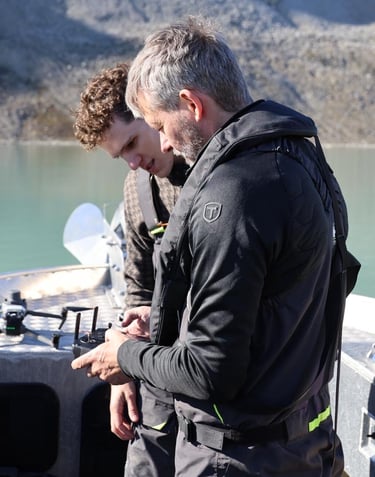

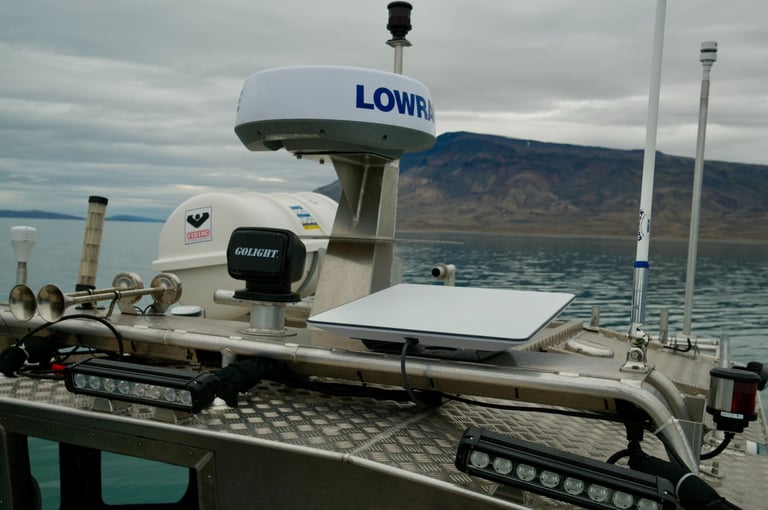

Of course, the internet is more than just a tool. It’s also a presence. With it, we can scroll Instagram, check email, or call home. Now that this box is opened, it can’t really be closed again.
So far, people have been good about maintaining our traditions: communal dinners, storytelling, cards. But the line feels delicate. Some colleagues who’ve been coming here for decades remember when evenings were defined solely by that fællesskab. Now, the glow of a phone screen could just as easily fill the room.
The change feels most striking in contrast with the world around us. Out on the fjord in August, the midnight sun finally dips behind the mountains, the sky shifting into a deep, magenta twilight. The wind scrapes dry across our faces, waves crash against the boat, and seabirds call into the vast silence. To sit in a place like this, and still be able to video call home or even scroll instagram, is surreal.
The internet here is both a gift and a challenge. It makes our work safer, our science faster, our logistics smoother. But it also alters the fabric of life in this remote corner of the world.
The question we’re left with is this: can we keep the spirit of community alive, even now that we’re connected to the rest of the world? Only time will tell.
